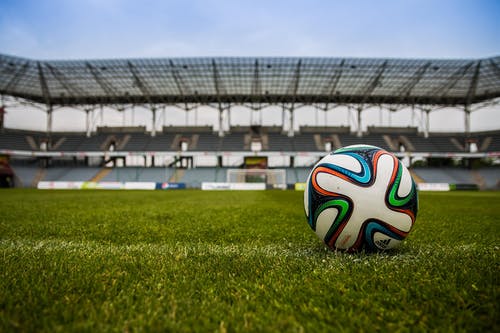Being a sportsman is not enough, it is important to know how to get better which will take you to the peak of your career. This is not an easy task to accomplish but it is possible. When you put these tips in place, you will discover that your proficiency will increase.
The very first tip you need to put in place is fixing feasible goals. One mistake that many sportsmen make is, they do not set realistic goals.
Eventually, they realize that these goals are unattainable and by that time, it would have been too late to make amends. So, it is important to categorize your goals into long-term and short-term goals.
It is also important to work on the basics of your specific area. Being a sportsman, you have a skillset and there are some fundamentals. It is vital to ensure you revisit these fundamentals on a regular basis.
A good number of sportsmen usually think that there is no need revisiting the basic techniques; this is a wrong notion.
In addition, it is important to put a good nutritional plan in place. Usually, we do not know how to get it done, so it is best to reach out to a nutritionist who would help you to fix this. Nutrition is essential to enhancing your health as a sportsman. Overall, it increases your productivity.
You also need to keep tabs on your statistics and achievements as they would help you to set personal and career records.
One of the reasons why statistics and achievements are important is because, they help you to monitor how well you are progressing. So, during the period of your training, it would help you to direct your efforts properly.
Every effective sportsman needs a coach who would always look out for them. It is important to always heed the words of your coach because of the level of experience they possess. Being effective as a sportsman is a voluminous task but putting all these tips in place are needed.




